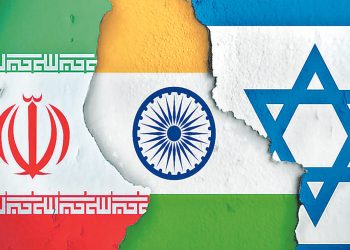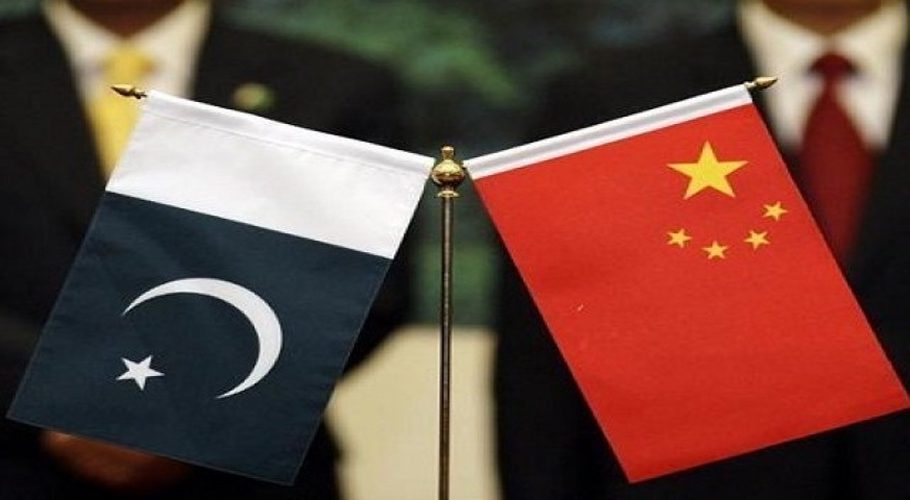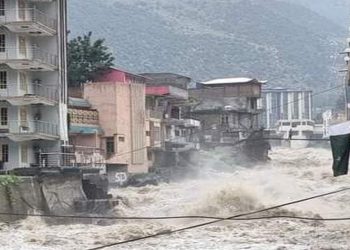Students from the Institute of Space Technology (IST), Islamabad, have won the prestigious Google Challenge Award 2025 in Manila, Philippines, for their groundbreaking satellite imagery tool, GeoGemma.
At the Asia-Pacific (APAC) Solution Challenge—jointly hosted by Google and the Asian Development Bank—GeoGemma was honored with the award for “Best AI Use Case.” The competition attracted over 750 entries from more than 200 universities across the region. Among the top 10 finalists was another Pakistani team from FAST University, which developed a Gemini-powered document editor designed to support neurodivergent users.
GeoGemma was developed by IST students Ahmed Iqbal, Hanzila Bin Younus, Abdullah Asif and Khaleelullah. The platform is an open-source Large Language Model (LLM) integrated with Google Earth Engine, designed to simplify and automate geospatial analysis. Unlike conventional tools that require extensive coding knowledge, GeoGemma allows users to analyze spatial data and satellite imagery by inputting simple prompts.
🏆 Proud Moment for IST & Pakistan! 🇵🇰
Team GeoGemma from the Institute of Space Technology (IST) has won the prestigious Google Challenge Award 2025 – Best AI Use Case in Manila, Philippines!
Among global finalists, their innovation stood tall — showcasing Pakistan’s brilliance… pic.twitter.com/pGKbRsW6ne— PTV News (@PTVNewsOfficial) June 27, 2025
Ahmed Iqbal explained that the project aims to democratize access to geospatial analysis. “Google Earth Engine hosts over 80 petabytes of updated satellite data from around the globe. Users can overlay maps to assess everything from temperature variations on K2 to thermal patterns,” he said. “However, using this data typically requires programming expertise.”
GeoGemma addresses this gap by removing the technical barriers. With just a few text-based instructions, users can now retrieve and analyze complex geospatial datasets. The project received direct support and funding from Google, allowing the team to refine and scale their innovation.


































